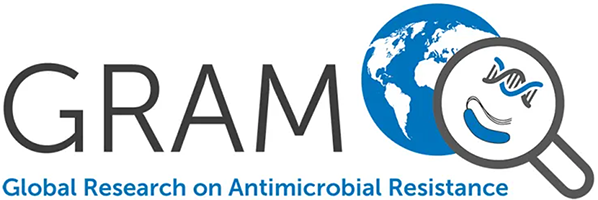Diagnosis, clinical presentation, and in-hospital mortality of severe malaria in HIV-coinfected children and adults in Mozambique.
Hendriksen ICE., Ferro J., Montoya P., Chhaganlal KD., Seni A., Gomes E., Silamut K., Lee SJ., Lucas M., Chotivanich K., Fanello CI., Day NPJ., White NJ., von Seidlein L., Dondorp AM.
BACKGROUND: Severe falciparum malaria with human immunodeficiency virus (HIV) coinfection is common in settings with a high prevalence of both diseases, but there is little information on whether HIV affects the clinical presentation and outcome of severe malaria. METHODS: HIV status was assessed prospectively in hospitalized parasitemic adults and children with severe malaria in Beira, Mozambique, as part of a clinical trial comparing parenteral artesunate versus quinine (ISRCTN50258054). Clinical signs, comorbidity, complications, and disease outcome were compared according to HIV status. RESULTS: HIV-1 seroprevalence was 11% (74/655) in children under 15 years and 72% (49/68) in adults with severe malaria. Children with HIV coinfection presented with more severe acidosis, anemia, and respiratory distress, and higher peripheral blood parasitemia and plasma Plasmodium falciparum histidine-rich protein-2 (PfHRP2). During hospitalization, deterioration in coma score, convulsions, respiratory distress, and pneumonia were more common in HIV-coinfected children, and mortality was 26% (19/74) versus 9% (53/581) in uninfected children (P < .001). In an age- and antimalarial treatment-adjusted logistic regression model, significant, independent predictors for death were renal impairment, acidosis, parasitemia, and plasma PfHRP2 concentration. CONCLUSIONS: Severe malaria in HIV-coinfected patients presents with higher parasite burden, more complications, and comorbidity, and carries a higher case fatality rate. Early identification of HIV coinfection is important for the clinical management of severe malaria.

